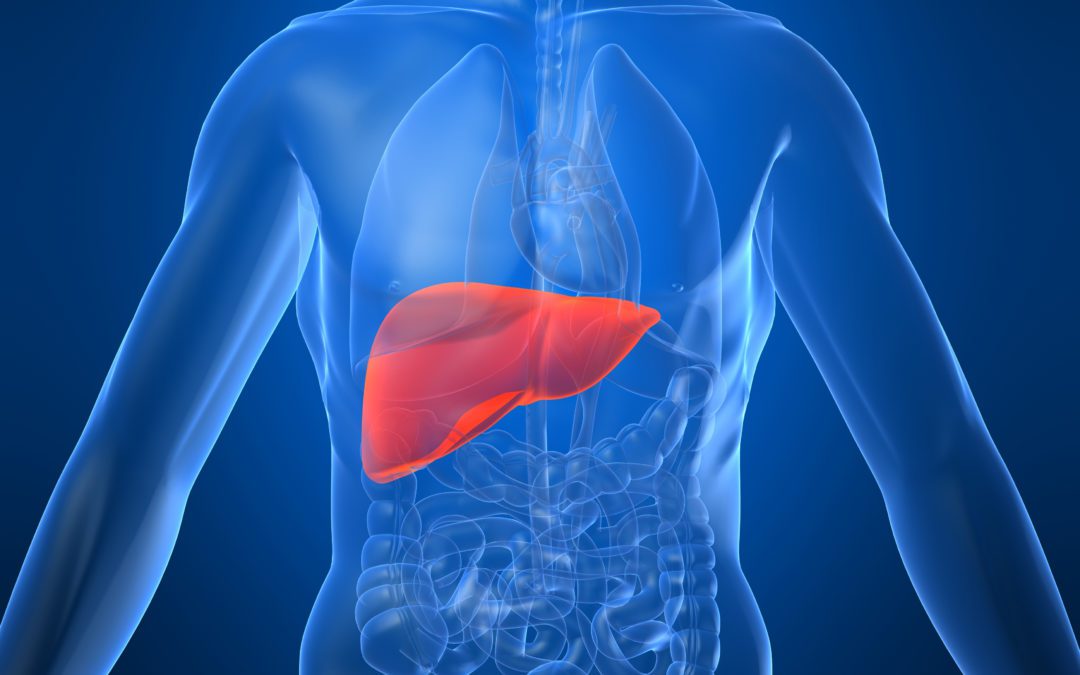Recently, two meta-analyses1,2 looked into the effect of moderate alcohol consumption in patients with non-alcoholic fatty liver disease (the most prevalent chronic liver disorder). Both studies find a decreased risk of advanced liver fibroses in patients who drink in moderation. The advice from the researchers: patients with steatohepatitis or advanced fibrosis should avoid alcohol, but patients with low fibrosis risk may be allowed to drink moderate amounts of alcohol.
What is already known? Heavy alcohol consumption is a risk factor for developing cirrhosis in people with non-alcoholic fatty liver disease. But recent studies suggest an association between moderate alcohol consumption and a decreased risk of advanced liver fibrosis among patients with non-alcoholic fatty liver disease, but results are inconsistent.3,4
What do these studies add? Wijarnpreecha et al. look at all cross-sectional studies on moderate alcohol consumption and the risk of advanced liver fibrosis in patients with non-alcoholic liver disease. Wongtrakul et al. look at both cross-sectional and cohort studies and look at advanced liver fibrosis too, but also steatohepatitis, hepatocellular carcinoma and mortality.
Lower risk of advanced liver fibrosis among moderate drinkers
Both meta-analyses find a decreased risk of advanced liver fibrosis for non-alcoholic fatty liver disease in patients that drink in moderation compared to those that do not drink. The decreased risk ranges from 40 to 50%.
Whether this is a causal relation – thus whether alcohol actually decreases the risk – is still unclear. The articles mention several possible mechanisms that could explain the relation, including improved insulin resistance, increased adiponectin levels, and antioxidants. But the relation can also be because of patients with advanced liver fibrosis or cirrhosis that stopped drinking by encouragement of their physician. This way the prevalence of fibrosis/cirrhosis is higher in non-drinkers.
Lower mortality risk
Two separate studies from the meta-analyses also look at mortality risk. Results show that patients with moderate alcohol consumption have a 15% lower mortality risk than lifelong abstainers. Because these studies use lifelong abstainers as a reference group, the previous problem of patients that stopped drinking due to their illness is avoided.
Higher risk of liver cancer
Although there are some decreased risks associated with moderate alcohol consumption as stated before, two studies from the meta-analyses find that patients that drink moderately have an almost four times higher risk to develop hepatocellular carcinoma compared to non-drinkers.
Individual alcohol advice
Wongtrakul et al. conclude their research with clear advice: “patients with steatohepatitis or advanced fibrosis should be considered as high-risk groups for progressing to end-stage liver disease; hence, alcohol should be avoided. On the contrary patients with low fibrosis risk may be allowed for modest and safe drinking”.
Non-alcoholic fatty liver disease
Non-alcoholic fatty liver disease is the most prevalent chronic liver disorder, affecting approximately a quarter of the adult population worldwide.5 It refers to a group of conditions where there is accumulation of excess fat in the liver of people who do not drink excessively. The most common form of non-alcoholic fatty liver disease is a non serious condition called fatty liver. This can progress to fibrosis, cirrhosis, liver failure and an increased risk of hepatocellular carcinoma. The ‘non-alcoholic’ part of the diagnosis refers to the fact that patients drink less than four drinks a day for men (42 grams of alcohol) and three for women (28 grams of alcohol).6
Strengths
-
Both studies are meta-analyses
Limitations
- Wijarnpreecha et al: only cross-sectional studies
- Wijarnpreecha et al: limited number of studies
- Both studies often could not account for ex-drinkers
- Both studies have high heterogeneit
References
- Wijarnpreecha, K., Aby, E. S., Panjawatanan, P., Lapumnuaypol, K., Cheungpasitporn, W., Lukens, F. J., … & Ungprasert, P. (2021). Modest alcohol consumption and risk of advanced liver fibrosis in nonalcoholic fatty liver disease: a systematic review and meta-analysis. Annals of Gastroenterology, 34(4), 568.
- Wongtrakul, W., Niltwat, S., & Charatcharoenwitthaya, P. (2021). The Effects of Modest Alcohol Consumption on Non-alcoholic Fatty Liver Disease: A Systematic Review and Meta-Analysis. Frontiers in Medicine, 1475.
- Dunn W, Sanyal AJ, Brunt EM, et al. Modest alcohol consumption is associated with decreased prevalence of steatohepatitis in patients with non-alcoholic fatty liver disease (NAFLD). J Hepatol 2012;57:384-391.
- Yamada K, Mizukoshi E, Seike T, et al. Light alcohol consumption has the potential to suppress hepatocellular injury and liver fibrosis in non-alcoholic fatty liver disease. PLoS One 2018;13:e0191026.
- Younossi, Z. M., Koenig, A. B., Abdelatif, D., Fazel, Y., Henry, L., & Wymer, M. (2016). Global epidemiology of nonalcoholic fatty liver disease—meta‐analytic assessment of prevalence, incidence, and outcomes. Hepatology, 64(1), 73-84.
- Chalasani, N., Younossi, Z., Lavine, J. E., Charlton, M., Cusi, K., Rinella, M., … & Sanyal, A. J. (2018). The diagnosis and management of nonalcoholic fatty liver disease: practice guidance from the American Association for the Study of Liver Diseases. Hepatology, 67(1), 328-357.

